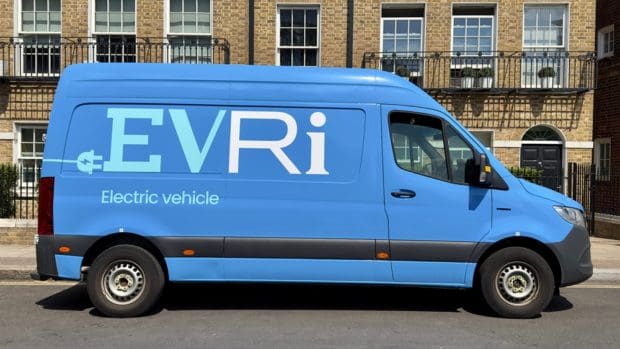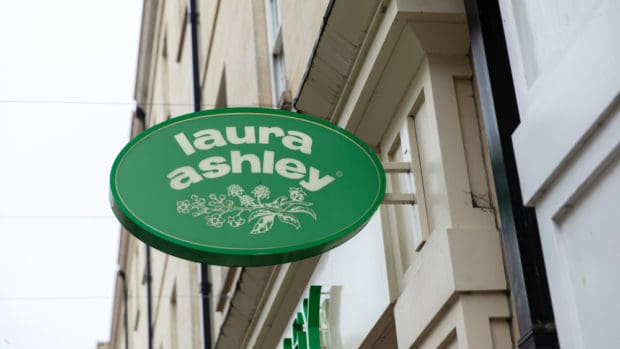A new study amongst smaller businesses in the UK, commissioned by curated online marketplace notonthehighstreet.com, has found that 55 per cent say trade is suffering due to lockdown, with just 30 per cent able to operate as normal.
As a result, 53 per cent of small business owners admit they are at risk of closing in the next year. Just 33 per cent feel confident enough to say ‘there is no chance my business will fold in the next 12 months’. The research found that many are already on the brink, with 1 in 12 smaller businesses saying they ‘will close’ in a matter of weeks.
This could perhaps be explained by 41 per cent of Brits saying that they have not shopped with any small businesses during lockdown. But conversely, lockdown has led to a boost for roughly one in six smaller businesses (16 per cent) that say they are doing better than before – half of which saying they are doing much better.
The 5,000 small businesses who sell with notonthehighstreet are part of the latter category. By adapting quickly to changes in customer behaviour since lockdown, sales for the platform’s Partners are the best on record for the months of April and May. It all means that since it was founded in 2006, the Partners on notonthehighstreet have recorded sales in excess of £1 billion.
Notonthehighstreet’s research also found that smaller businesses have been disproportionately affected during lockdown. Whilst 87 per cent of medium-sized businesses in the UK have been able to trade to some degree, just 73 per cent of micro-businesses and 60 per cent of sole traders have been able to.
The figures follow previous research by notonthehighstreet in November 2019, when a quarter of small businesses in the UK said they would have to close in the next 12 months if they did not have a good Christmas sales season.
The new insights demonstrate the continued precarious position of many small businesses in the UK in the run up to Father’s Day – another key annual trading period. Father’s Day is set to be more important than ever in 2020 – with additional consumer research from notonthehighstreet finding that four in ten Brits (41 per cent) say lockdown is or was the longest they have ever gone without seeing their parents*. Nearly half of Brits (45 per cent) have gone over 50 days without seeing them.
With Brits looking to stay connected with friends and loved ones throughout lockdown, notonthehighstreet has seen a spike in letterbox gifts and products being sent to addresses other than the customer’s own. Indeed, the research shows that nearly half of Brits (47 per cent) have sent treats, presents or gifts to someone else in the post during lockdown.
Looking ahead to the reopening of physical shops on Monday (15 June), many small business owners are less than optimistic about the future of the high street. Over half (56 per cent) think that the high street and physical shops ‘will struggle’ to bounce back and 12 per cent think the high street is doomed.
But there is more optimism about smaller businesses more widely, with 44 per cent saying that those that are able to adapt to new technology like online sales will be able to bounce back, with 11 per cent believing that they will do better than before lockdown.
And Father’s Day is set to offer a boost for smaller businesses this year. Amongst those who will be buying presents for their Father, the average spend will be £40.60 – and Brits plan to spend 70 per cent of that figure with small businesses, potentially demonstrating that Brits are looking to share a more personalised or caring gift this year further to lockdown, or are making a conscious effort to support small businesses as lockdown eases.
Amongst those who have made an effort to shop with small businesses during lockdown, a huge 98 per cent say they plan to continue this post-lockdown, whilst 54 per cent say they plan to make even more of an effort to shop small once lockdown restrictions end.
Claire Davenport, CEO, notonthehighstreet commented:
“The figures paint a very mixed picture for small businesses in the UK – those that were able to adapt, or were already set up to sell online and deliver to home are generally doing well. Smaller businesses are often able to be more agile when it comes to conforming to social distancing and other rules – as in many cases, they are run from the owner’s home or have very small teams.
Lockdown has also given Brits more of a reason to connect and show those close to them how much they care. The nimble nature of notonthehighstreet’s small businesses means that they have been able to quickly develop products that help consumers get this message across. This has helped notonthehighstreet’s 5,000 Partners – who represent the best creative small businesses in the UK – have record-breaking sales in April and May. The impact of small businesses on our economy is significant, in fact, 200 of our own Partners have recorded over £1m in sales.
But there is no doubt that lockdown has had a negative impact on many small businesses up and down the UK and that the country is facing a recession. It is, therefore, more important than ever to support small businesses – not only does money spent directly help owners and their families, it contributes to the huge benefit small businesses as a whole have on the UK economy – as well as offering consumers a more vibrant and diverse range of products.”








Share